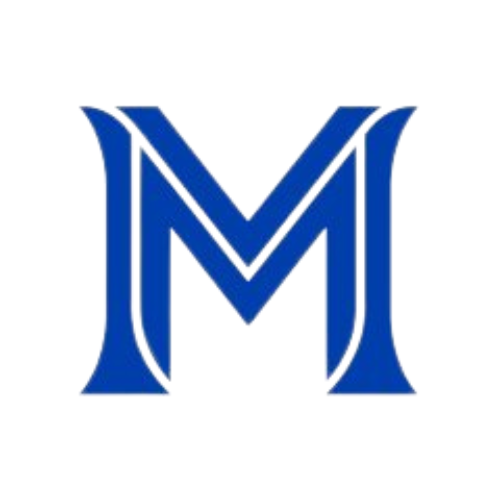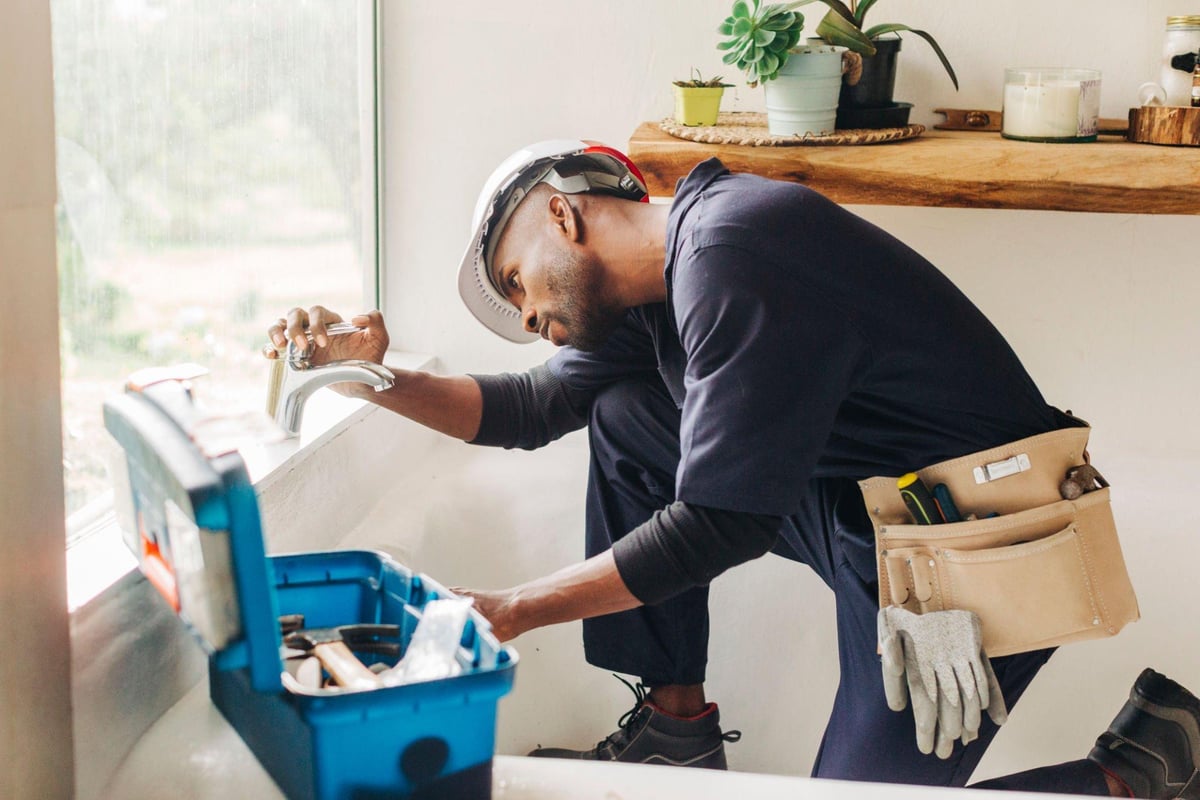
No cost info

Financial aid (may be available)

No cost info

Financial aid (may be available)
Financial aid (may be available)

$2,245 total
Plumbing Apprentices who seek to become licensed as journeyman plumbers are required to complete 6,800-hours of on-the-job practical hands-on-training and complete 550-hours of education.
Tier-1 classes DO NOT require an apprentice license and are open to all persons who are interested in attending and exploring a career path in the plumbing/gas-fitting trade.
No cost info
Plumbers repair and install the pipes that transport fluids in and out of our businesses or homes. They also repair and install fixtures such as toilets, bathtubs, water heaters, and sinks. Plumbers are in high demand all over the US. Because the current plumbing professionals are slowly approaching retirement age, the industry faces a severe shortage of qualified plumbers. Furthermore, the aging buildings that need replacement or maintenance of their plumbing systems are expected to keep the demand rising into the future. If you enjoy solving complex problems and have strong mechanical skills, then our online plumbing training course will give you the basics for an excellent career as a professional plumber.
No cost info
Begin a career in the plumbing field with this hands-on training course. You will learn about construction safety; construction math; plumbing drawings; plastic, copper, cast-iron, and carbon steel pipe and fittings; plumbing fixtures; water distribution systems; and drain, waste and vent systems. The course includes OSHA 30 hour certification and 10-hour Site Safety Training certification and uses the industry recognized National Center for Construction Education & Research (NCCER) Construction Core and Plumbing Level 1 curricula. Tuition includes cost of books and materials. Payment plan available. Hybrid program with didactic training online and hands-on training to be held at Positive Workforce, Inc., 109 East 125th Street, New York, NY. For more information email [email protected].
No cost info
As a graduate from our online Plumbing training course, you will be familiar with the procedures and techniques for installing and maintaining these systems. Whether you live in a big city, small town, or rural area, now is the time to train to start making money in one of the most secure industries in the nation. New construction of commercial and residential buildings, along with the need to maintain and repair existing plumbing systems will increase the demand for qualified plumbers.
$1,239 total
The city of New York is a bustling hub of economic activity, and the demand for skilled professionals, including plumbers, is on the rise. With a promising job market and the potential to earn a good plumber salary, the city presents an excellent opportunity for those looking to become a plumber. Whether you're just starting out or looking to enhance your skills, there are numerous plumber classes near you in New York that can help you on your path to success.

A plumber is a skilled professional responsible for the installation, maintenance, and repair of a building's plumbing system. This includes tasks such as fixing leaks, unclogging drains, and ensuring the proper functioning of water supply and waste disposal systems. Plumbers play a crucial role in maintaining the comfort and safety of residential, commercial, and industrial properties.
To become a plumber in New York, individuals typically need to complete a combination of formal training and on-the-job experience. This often includes completing a plumbing apprenticeship program, which combines classroom instruction with hands-on training under the supervision of experienced plumbers. The apprenticeship program can take anywhere from 4 to 5 years to complete, depending on the specific requirements set by the state or local jurisdiction.
While the traditional apprenticeship program is the most common path to becoming a plumber in New York, there are alternative options available for those who want to become a plumber more quickly. One such option is to enroll in a vocational or technical school program that offers a plumbing certificate or diploma. These programs can typically be completed in 1 to 2 years, depending on the program's intensity and the student's prior experience.
New York City is home to several reputable institutions that offer plumber classes. Here are a few examples:
Bronx Community College Plumbing Program
New York City College of Technology Plumbing Technology Program
HVAC and Plumbing Training Center
In addition to the traditional in-person plumber classes, there are also online and free options available for those looking to become a plumber in New York.
Online Plumbing Courses
Free Plumbing Workshops and Seminars
In New York, plumbers are required to obtain a license or certification to practice their trade. The specific requirements can vary depending on the local jurisdiction, but generally, plumbers must complete an apprenticeship program, pass a licensing exam, and maintain their license through ongoing education and training.
The job market for plumbers in New York is quite robust, with a variety of potential employers to choose from. Plumbers can find employment in residential, commercial, and industrial settings, working for construction companies, property management firms, or even starting their own plumbing businesses. Additionally, the city's aging infrastructure and ongoing development projects create a consistent demand for skilled plumbers.
Becoming a plumber in New York can be a rewarding and lucrative career path. With the city's promising job market and the potential to earn a good plumber salary, there has never been a better time to consider taking plumber classes near you in New York. Whether you choose to pursue a traditional apprenticeship program or explore alternative options, such as vocational schools or online courses, the opportunities are abundant for those who are willing to put in the hard work and dedication required to become a skilled plumber.
If this article isn't quite hitting the mark for you, why not give these other articles a try:
Dreambound's platform allows prospective students to find the right educational program for them through searching, filtering, and connecting with our extensive selection of career & technical education partners.
Dreambound has over 70 programs across healthcare, technology, business, and industrial trades. This includes programs such as Medical Billing, Cybersecurity, and welding.
Some of our schools offer financial aid for those who qualify. Many others offer payment plans, where you can pay the cost of class over time.
Yes, Dreambound offers many online programs. On Dreambound's search, you can filter by online, in-person, and hybrid (part online, part in-person).
Dreambound is completely free for you to use! We are supported by schools and organizations who pay to advertise on our website, so we can offer all of our career resources for free.